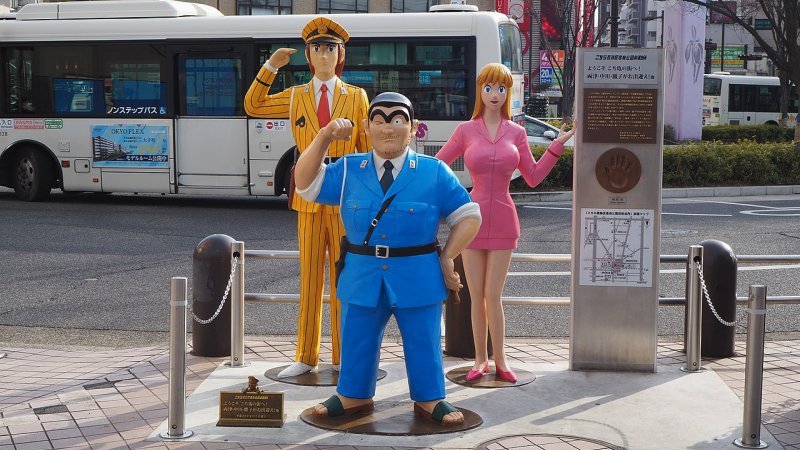We have already talked about similar and similar ideograms before, but have you noticed that in Japanese there are several similar words, with the same pronunciation and practically the same meaning? What's the difference between them?
In this article, we are going to see some well-known words that are practically the same, but have some difference, either in the ideogram or in the meaning. They are synonyms and homonyms at the same time.
Table of Content
How to find similar Japanese words?
There are thousands of Japanese words with the same pronunciation and meaning, but they have their differences and a different meaning. This happens because of the reading of the radical which is practically the same.
Learning these words will improve the speed at which we learn Japanese and at the same time make it easier to resemble other words.
You can use jisho or our recent dictionary and on the word page you will find other forms. Usually, these other forms specify the alternative meaning of a certain word.
Also note the other words when looking up in the dictionary. That's why we recommend always searching with kana or romaji to get similar results in pronunciation. You can also search for the meaning in English.
hajime - [始め] vs. [初め] - Beginning
Ambas as palavras se pronunciadas hajime convey the idea of beginning or start of something. What is the difference between these two words?
Hajime [始め] means beginning, opening, first, origin, etc. It is most often used to start something new, it suggests the beginning of an action or process.
Hajime [初め] conveys the idea of first, beginning, origin, introduction, first, preface and others. Indicates a certain point, a tangible dimension in time or space.

HITORI - [一人] vs. [独り] - ONE PERSON
Both words are pronounced hitori and convey the idea of a person or alone. The difference is that hitori [一人] literally uses the characters of a person while [独り] uses the character of unique and alone.
Hitori [一人] emphasizes the number of people. [独り] refers to the state of being alone, on your own, without interacting with other people. It literally refers to the state of loneliness.
An example is the word hitorigoto [独り言] which means talking to oneself, monologue, soliloquy. Hitorijime [独り占め] which means monopolization and also hitoritabi [一人旅] which means traveling alone or solitary journey.
ARU - [有る] vs. [在る] - TO BE PRESENT
Aru is one of the most important verbs in the Japanese language. Used as a complement to several sentences and verbs, it can mean to be, to exist and to be. But did you know that aru [ある] commonly written in hiragana has differences?
First we have the verb [有る] which means to be in possession of something, it can be equivalent to "to have" and "to possess". It also means to be, to exist, to be located, to be equipped, to happen and others.
On the other hand, [在る] has practically the same meaning, but it conveys the idea of the existence of something specifically in a designated place. We can use it to refer to the location or presence of something.

Both are usually written in hiragana, so we will hardly need to differentiate between one of these words. Whenever we read a sentence with [ある] we already know its meaning.
You can see these ideograms seno used in words like: Arubeki [有るべき] which means ideal, desirable, how it should be, target and objective; Arugamama [在るが儘] which means in truth, as it is, as you are and in practice.
Other similar Japanese words with differences
Fune means ship in Japanese, but [船] is used for ships and large vessels and [舟] for boats or small vessels. Machi can mean busy street [街] or a big city [町].
Marui represents circles or circumferences where marui [丸い] refers to spheres and other three-dimensional balls. Already marui [円い] refers to two-dimensional circles and circumferences.
The next example is not necessarily the same word. Stomach in Japanese is called onaka [お腹], but there is also the Japanese word naka [中] which means center, middle, internal and also refers to and relates to the inside of us. This shows how Japanese relates words to make our lives easier.
There are two ways to write the verb miru, which are [見る] and [観る], where both practically mean to see. The difference is that [観る] specifies more that you are watching something like TV. There are other variations of miru, such as [診る] and [看る], which are rarely used but used for specific situations.
We have already written an article about miru which you can read by clicking here. I hope you enjoyed the little examples in this article. If you liked it share and leave your comments.
